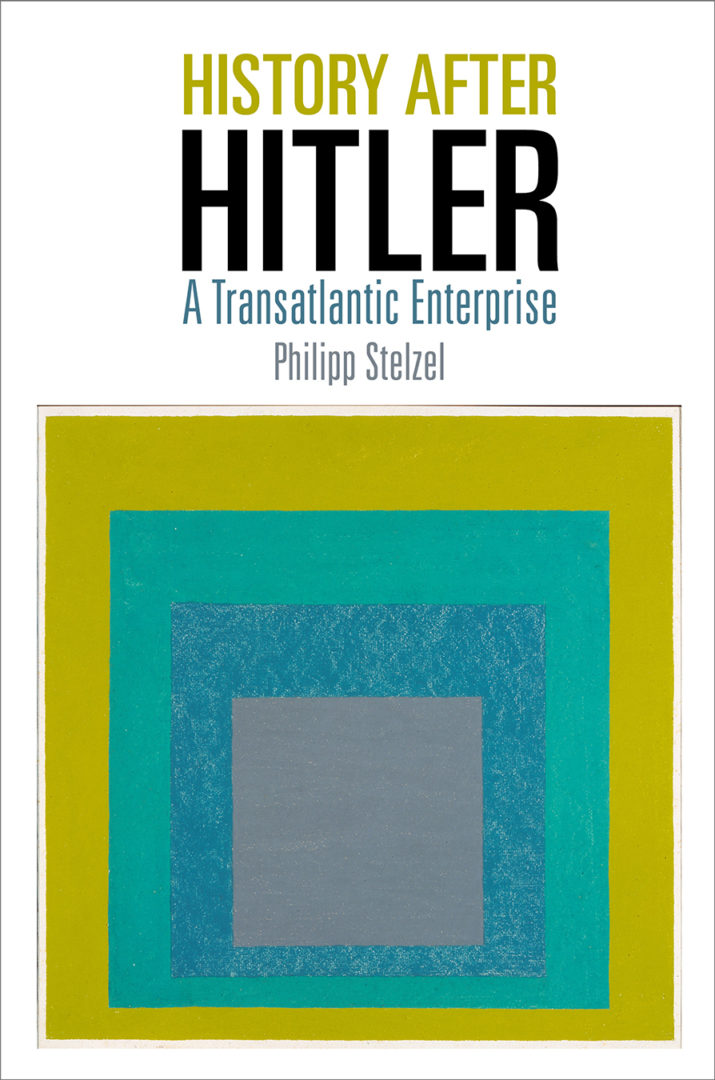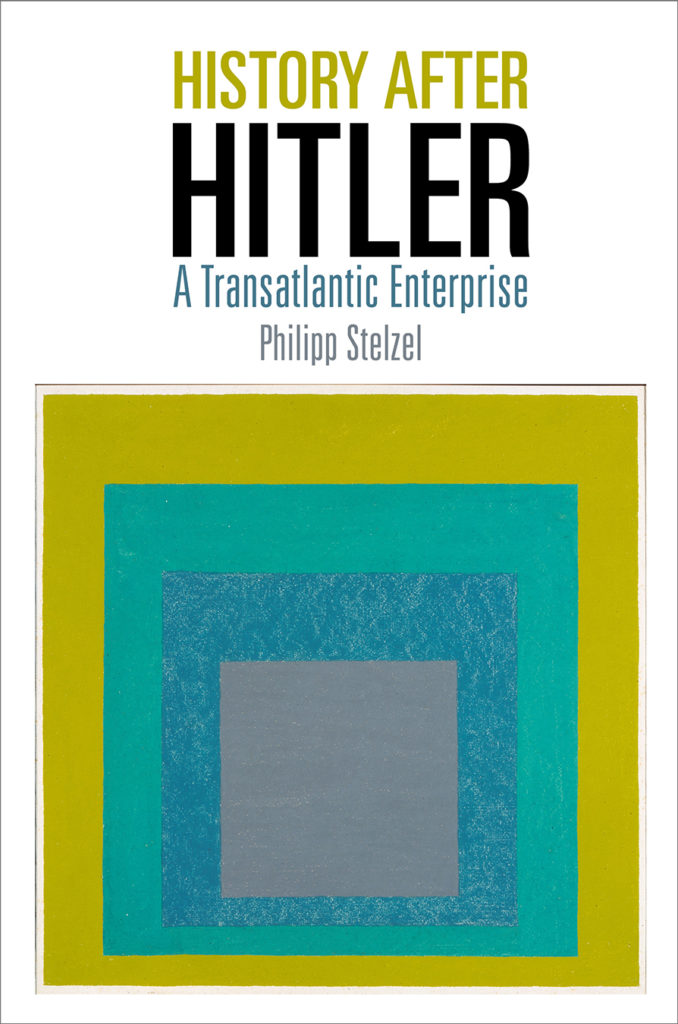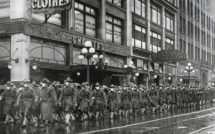

Philipp Stelzel’s History after Hitler is well written, well-structured, and, despite the complexity of the matter discussed, it is easy to read. The very question of practicing “history after Hitler” is an enormous one, and I believe that reflecting on its post-war developments is an important task that transcends the boundaries of this specific academic field. In other words, German historiography after Hitler is everyone’s business, and for this reason, any critical reading of its mainstream narratives is a sensitive and useful operation. This book is an accomplishment as it focuses in particular on the transatlantic journeys of people, ideas, schools of thought, and books that have marked the post-war decades. This is an important endeavor not only to appreciate the complexity of writing history after Hitler from outside of Germany (and the US in particular), but also how the transatlantic literature on Germany’s modern history has impacted historians working in Germany.
This book is also important because it highlights issues that have affected other disciplines after the war. It shows how what we write—in the humanities and in the social sciences–is crucially impacted by “where” we write what we write. This has to do with the national context in which we operate, with the department in which we work, with our own biographical trajectories. This is particularly true when it comes to writing history after the Third Reich. What this book clearly argues is that every historiographical intervention in the first decades after the war, even if not directly treating the Third Reich and that phase of German history, was inherently affected by it. What I am trying to say is that writing history after Hitler has meant writing history that was unavoidably affected by Hitler, at times in rather nuanced ways. This book illustrates rather convincingly how the intricate set of dialogues between German historiography and the work done on German history across the ocean was enormously affected by the ghosts of the Third Reich and the academic practices (and people) associated with that regime. What Stelzel also brilliantly shows is that even the key topics covered by such historiography, not only its methodologies, were impacted by this uncomfortable legacy. In many ways, the book suggests, the whole mapping of German historiography after Hitler (that is, what mattered and what did not matter as a subject of investigation) on both sides of the Atlantic was crucially defined by direct or indirect interpretations of what had prepared, in the German political context, the advent of the Third Reich.
As a cultural geographer, I have been busy for a long time with the transatlantic journeys of people and ideas in geography. Arguably, post-war Anglophone reconstructions of the history of the discipline have literally erased German geography, possibly for its deep implications with the Third Reich. While I am not in the position to comment in detail on the trajectories of German historiography reconstructed by this book (but what a learning experience it has been!), I would like to submit a few points on the question of national academic exceptionalism and on the structure of power embedded in any academic post-war transatlantic traffic. First, I would like to say that I was not surprised to read that German historians were resistant to readings of German history produced outside of Germany. This claim of national exceptionalism is still present in many national academic fields in the humanities and even in the social sciences. Stelzel’s book is a useful invitation to reflect on the deeper implications of such intellectual exercise of border fencing, and on how this has impacted people’s career and, more generally, on how national disciplinary fields have metabolized and incorporated what was produced and legitimated outside of national borders. A second, specular point has to do with the long-term effects of what some would describe as a form of academic imperialism, that is, the study of other countries’ history, geography, culture, etc. on the part of American-based scholars. The whole development of Area Studies in the post-war period is a useful illustration of how a specific geography of power-knowledge has marked and influenced (methodologically, but also in terms of legitimate and relevant subjects to be studied) the ways in which some of these disciplines have incorporated new methodologies and have somehow felt accountable to international (read Anglophone) debates in the respective fields. This book is a convincing analysis of how this complicated dialogue between different readings of—and different claims over—German history have shaped the field in the past decades. What is more, the book also shows very well the importance of émigrés in shaping such dialogue, including the role of scholars who have partially or entirely returned to Germany. The impact of these actual journeys of scholars (and of their personal conceptual luggage) on the post-war development of the discipline can only be underestimated.
And this brings me to just a couple of critical comments about this book. In this convincing depiction of the “political and cultural geographies” of post-war German historiography, perhaps more could have been done with the biographical details of some of the émigrés. I suspect that their personal circumstances may have played an important role not only in their positionings as academic historians, but also in their approach to the discipline as a whole, and to German historiography more specifically. Also, the attempt on the part of émigrés to use their international experience as a form of academic capital in order to claim a specific space in disciplinary debates (and in pursuing their individual career) perhaps could have been better emphasized. The second comment has to do with the fact that this is really a history of men. It is quite extraordinary how gendered biased the field appears to be, with a long list of German men running the whole business throughout the post-war decades. I would have expected the author to say more about this, and especially about how such a gendered academic environment might have affected the twists and turns of the overall field (and have possibly affected many individual careers). Finally, I would have liked to learn more about the author’s positioning in relation to the debates discussed in the book. Is he playing a role in this transatlantic traffic and is this book going to play a role in German historiography? I hope so, since I believe that this is an instructive read for both students of German historiography and for anyone interested in learning how German history—after Hitler—has become, literally, a sensitive, complex and rich transatlantic enterprise.
Reviewed by Claudio Minca, Macquarie University
History after Hitler: A Transatlantic Enterprise
By Philipp Stelzel
Publisher: University of Pennsylvania Press
Hardcover / 236 pages / 2019
ISBN: 9780812250657
To read more book reviews click here.
Published on June 11, 2019.




